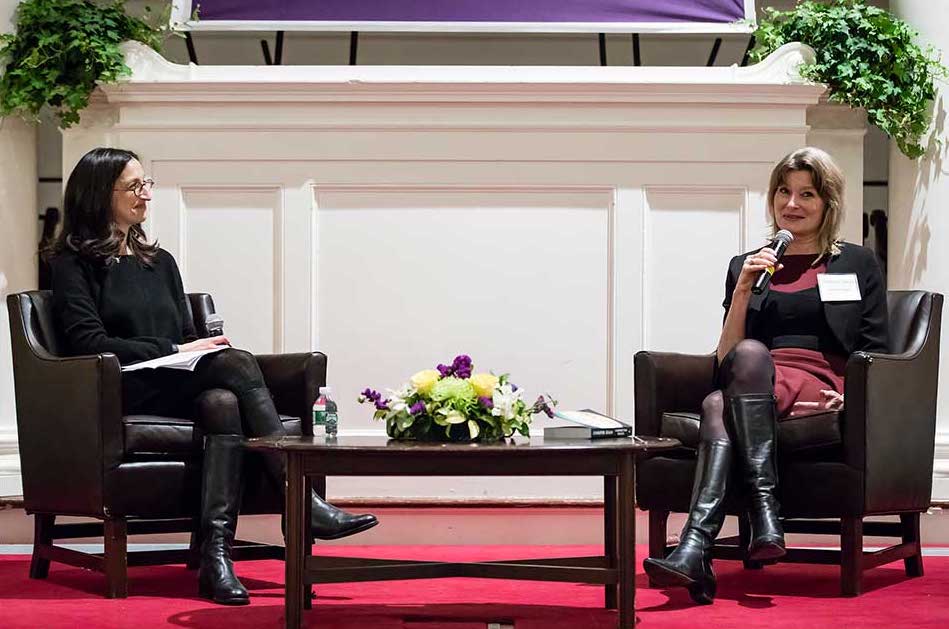Poetry by KHAL TORABULLY
Translated by NANCY NAOMI CARLSON
Note from the translator:
I first came across Khal Torabully’s work in Patrick Williamson’s The Parley Tree, a bilingual anthology of poets from North Africa, sub-Saharan Africa and the Arab world. I was immediately drawn to Torabully’s lush language and sea imagery, and developed an even greater appreciation of his work when I learned more about the context of these poems—giving voice to the millions of men and women who endured horrific conditions as indentured workers during the years between 1834 and the end of World War I. Sometimes tricked into indenture, these workers, mostly from India and China, were separated from their families and homelands, and were transported to Mauritius in the same ships that had formerly carried slaves. Many were forced to stay and work in Mauritian sugar cane fields, while others were sent to other regions under colonial rule, and subjected to cruel conditions in the cargo hold of ships during transoceanic voyages. Similar to the way Aimé Césaire coined the term “negritude,” Torabully coined the term “coolitude,” imbuing the pejorative word “coolie” with dignity, pride, and a humanity that transcends all geographical, biological, and ethnic divisions.





 When popular uprisings against the Baath regime started in Syria in 2011,
When popular uprisings against the Baath regime started in Syria in 2011, 
 Location: Galatia, Illinois
Location: Galatia, Illinois








